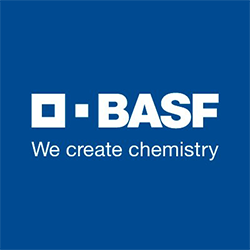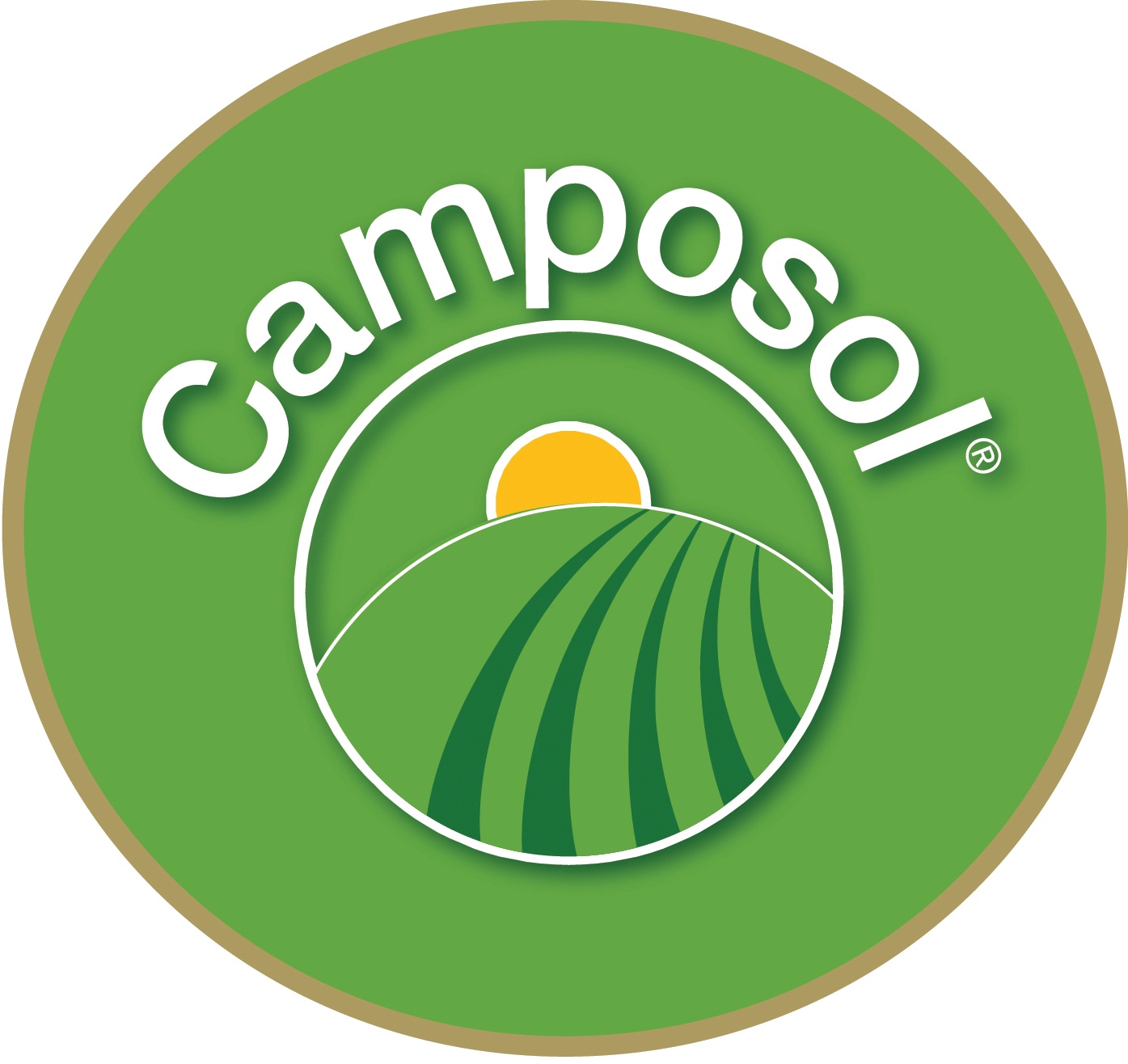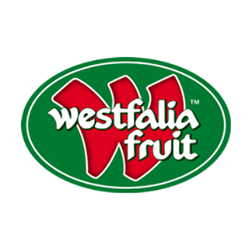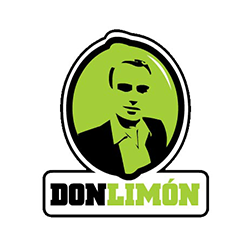At first, these eyebrow-raising statistics below appear to have nothing to do with the U.S. fresh produce industry.
- 2,000%: That’s the increase in the number of Venezuelans seeking asylum worldwide;
- 650,000: The number of Venezuelans filing asylum claims, and about 2 million have obtained resident permits to stay in the Americas; and
- 12%: Percentage of the population fleeing the country; about 5,000 people leave per day — comparable to the Syrian refugee crisis.
So, what do these United Nations Refugee Agency statistics this have to do with our business? Our industry can help, and it doesn’t require donating money or time, said Nick O’Flaherty director of UNSTUCK, a new initiative to create job opportunities for refugees through global supply chains.
To help people fleeing their homes as a result of violence, war and persecution, UNSTUCK partners with brands to create co-branded products made with ingredients sourced from suppliers hiring these refugees.
O’Flaherty and others on his team are focused on the food and beverage sector right now, including the fresh produce sector.
“What we really want to do is harness the power of the market to sell as many products as possible, so we can source as many ingredients as possible and secure good, legal jobs for refugees,” he said. “This is different from the percentage-of-profits-going-to-charity model. We are doing something that is completely market based.”
UNSTUCK initiative’s brand partners will commit to sourcing ingredients from these suppliers.
“That’s the thing we’re asking them to do: Shift their sourcing, or work with their own suppliers to hire refugees and to make products that people love, so we can sell as many as possible,” he said.
So, for whole fresh produce, “imagine an avocado with an UNSTUCK sticker on it, and you’d know that the avocado came from a supplier that is hiring refugees,” he said.
The initiative is part of Tent Partnership for Refugees, a nonprofit organization founded by Chobani Greek yogurt CEO Hamdi Ulukaya, who, in 2016, created the network of more than 140 companies committed to including refugees in their workforce.
The initiative’s first food product is the mango and cream flavor of Chobani & Unstuck Greek yogurt, made with mangos sourced from suppliers in Colombia and Peru hiring Venezuelan refugees.
Consumers increasingly choose brands that take action on social issues, rather than simply announce a stance or support with branding colors, and this UNSTUCK model allows companies to take that action, he said.
Research from Havas Media Group shows that 73% of consumers say brands must act now for the good of society and the planet, but 71% don’t believe brands will deliver on their promises. On Twitter, mogul Richard Branson, who has 12.56 million followers, tagged this initiative, writing, “Four brilliant projects supporting refugees that businesses can get behind.”
There are 30 million people displaced around the world, O’Flaherty said. UNTUCK wants to rally the private sector in support of refugees.
“We believe employment is the best way to help support refugees get back on their feet, put down roots, integrate and contribute to their new host communities.”
For more information, visit www.unstuck.org or find on most major social media platforms, @livesUNSTUCK.



















